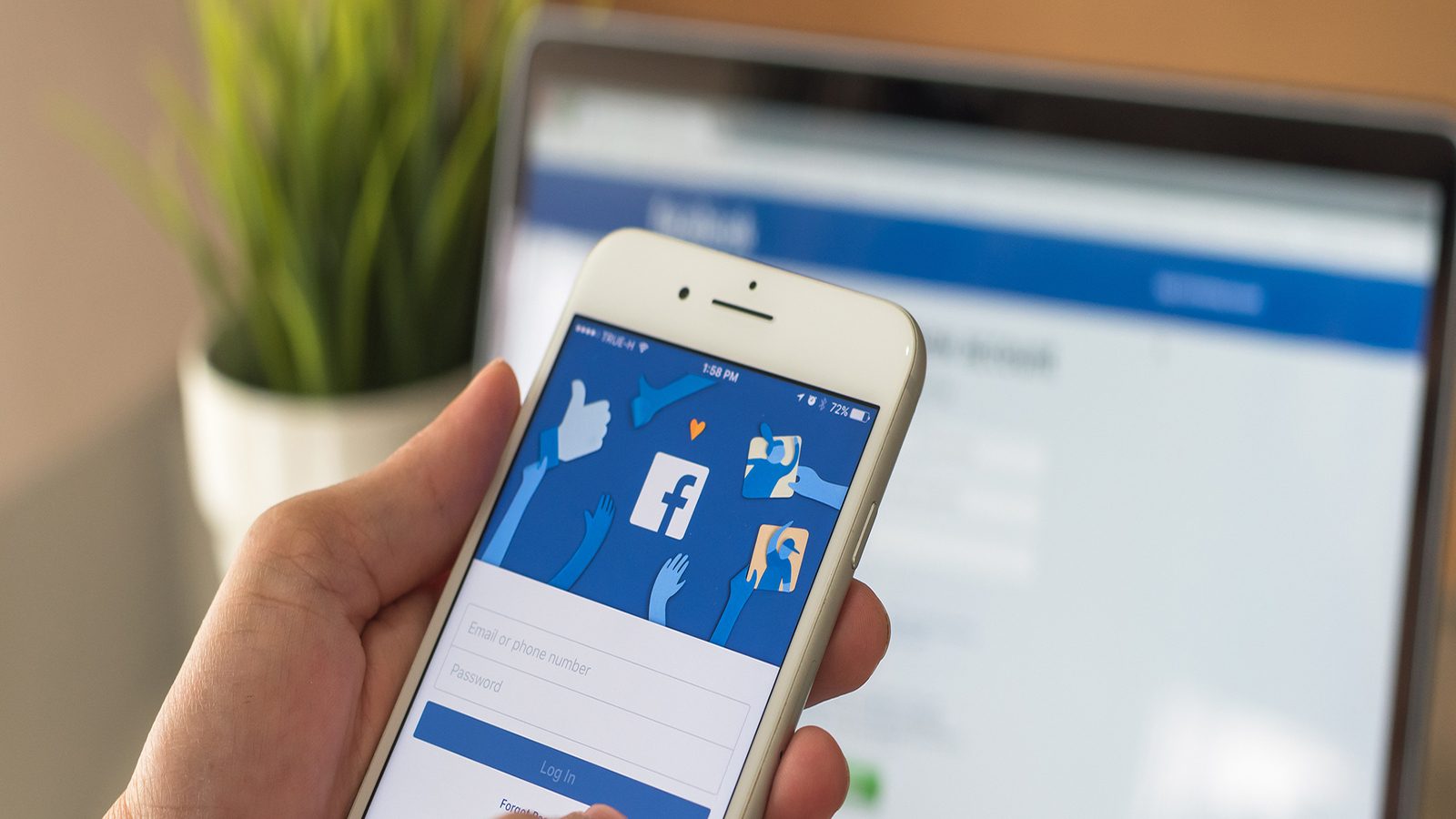Facebook Completes Deals With Australian Media Outlets, TV Broadcaster SBS Excluded
Facebook has told Australian publishers it has stopped negotiating licensing deals, an email to the industry seen by Reuters showed, a move which came just six months after the passing of a law designed to make tech giants pay for news content. While Facebook has announced deals with most of the country’s largest news outlets, some companies including TV broadcaster SBS and smaller publishers have been left out in the cold, raising questions about the scope and effectiveness of the ground-breaking law.
Australia is the only country with a law where the government may set the fees if negotiations between tech giants and news providers fail, but the rejected companies are left with little recourse for the time being and are waiting for the government to review the law in 2022 as planned. Facebook’s regional head of news partnerships, Andrew Hunter, said in an August email to publishers it had “now concluded” deals where it would pay Australian companies for content on its just-launched “Facebook News” channel.
Nick Shelton, founder of Broadsheet Media, a website which publishes entertainment news, reviews and listings and was rebuffed by Facebook, said the decision to close off on new deals was “clearly an attempt from Facebook to cap their exposure to independent publishers.”
The Special Broadcasting Service, or SBS, one of Australia’s five national free-to-air broadcasters and the country’s main source of foreign language news, said Facebook declined to enter negotiations despite months of attempts and that it was surprised and disappointed. It noted it had successfully concluded a deal with Google.
“This outcome is at odds with the Government’s intention of supporting public interest journalism, and in particular including the public service broadcasters in the Code framework with respect to remuneration,” an SBS spokesperson said in a statement on Wednesday.
Hunter said in the email to publishers, which has not been made public, that rejected publishers would continue to benefit from clicks directed from Facebook and recommended they tap a new series of industry grants.
In a separate statement to Reuters, Hunter said content deals were “just one of the ways that Facebook provides support to publishers, and we’ve been having ongoing discussions with publishers about the types of news content that can best deliver value for publishers and for Facebook”.
Facebook did not respond directly to questions about the statements from Broadsheet Media and SBS.
The US social media giant has inked deals with a range of large Australian big media companies including News Corp and the Australian Broadcasting Corp and has a collective bargaining arrangement with rural publishers. But only a handful of independent and smaller publishers have reached deals.
Other rejected publishers include the Conversation, which publishes public affairs commentary by academics, Reuters has previously reported. That prompted a rebuke from the regulator which drafted the law. The Australian Competition and Consumer Commission declined to comment on Wednesday.
Under the law, which drove Facebook to block third-party content on newsfeeds briefly in the country in February, Facebook and Google must negotiate with news outlets for content that drives traffic to their websites or face possible government intervention.
But before there can be any government intervention, the federal treasurer must determine that either Facebook or Google failed to negotiate in good faith, a step known as “designation”. A representative for Treasurer Josh Frydenberg was not immediately available for comment.
Facebook’s rejection of SBS and The Conversation flies in the face of law’s core proposition that it “should be required to compensate public interest journalism”, said Peter Lewis, director of the Centre for Responsible Technology, a think tank.
“The treasurer has no alternative but to revisit designating Facebook to ensure that it meets its commitments to public interest journalism in Australia.”
Read all the Latest News, Breaking News and Coronavirus News here
For all the latest Technology News Click Here

